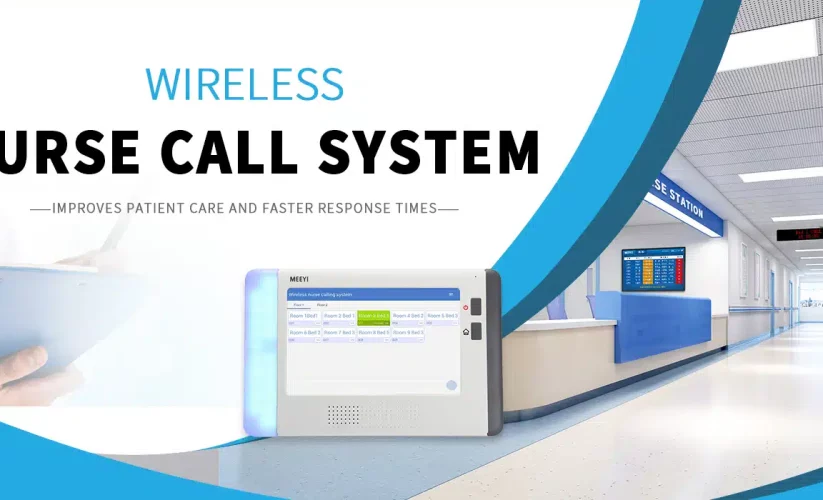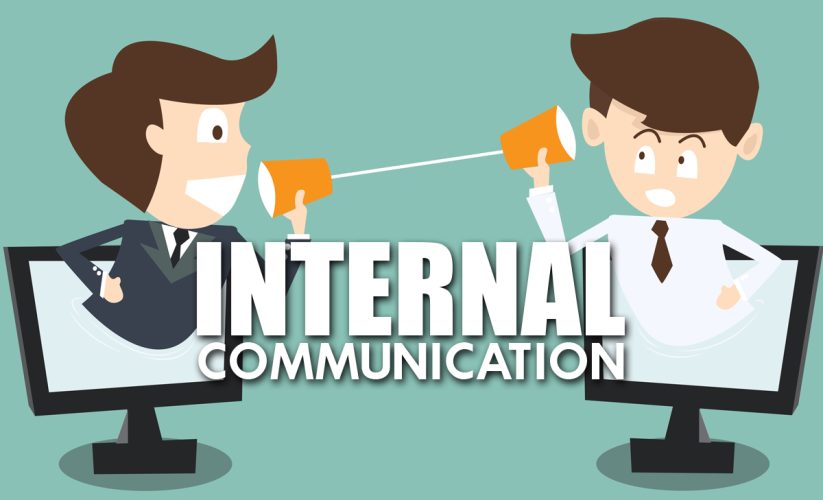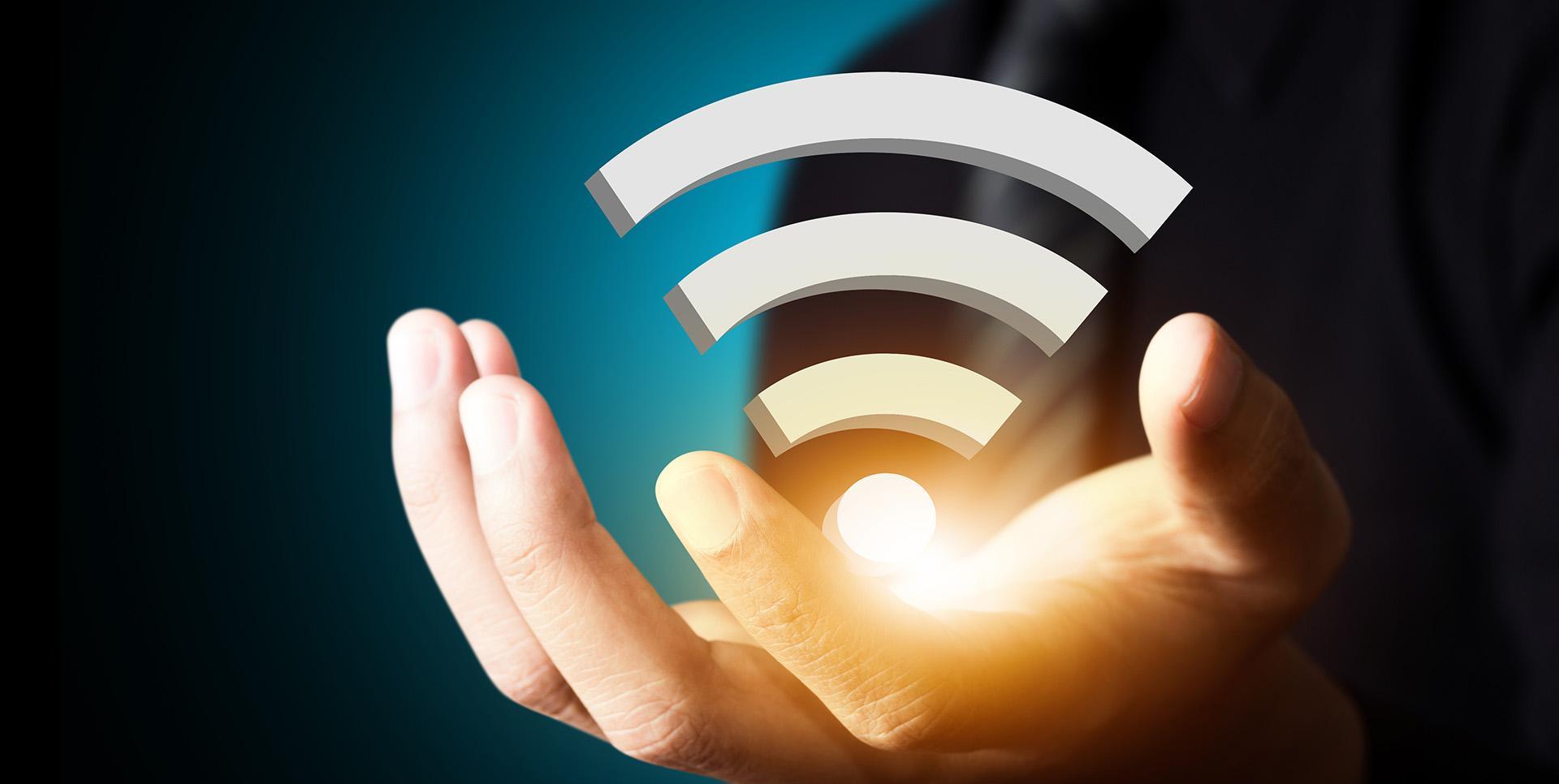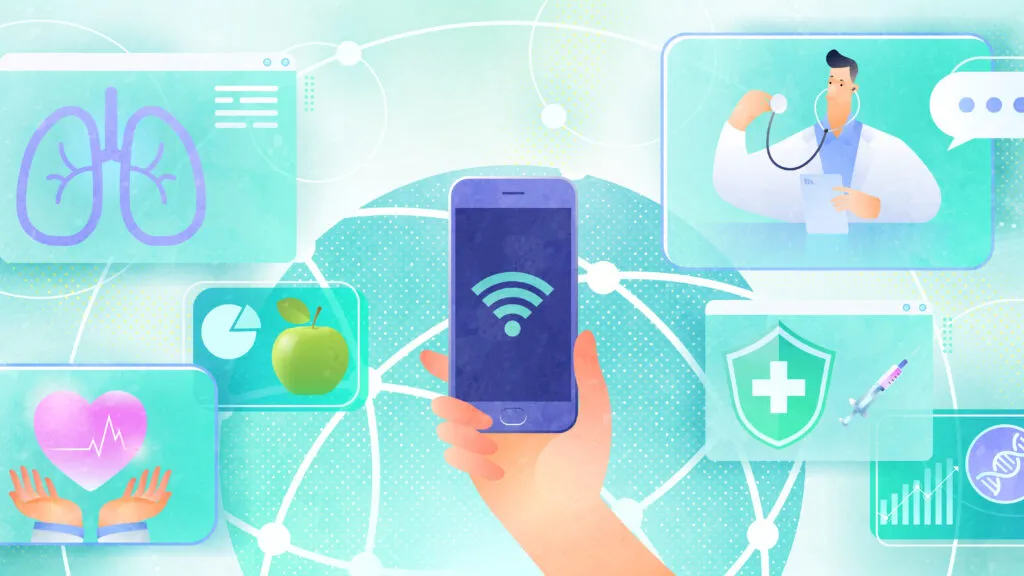
Ensuring Quality Care with Nurse Call Solutions
In today’s healthcare environment, where patient care standards are continually evolving, the role of effective communication cannot be overstated. A Wireless Nurse Call System for Hospitals is an essential component in delivering quality care, enabling seamless communication between patients and healthcare providers. These systems are designed not only to enhance patient safety but also to optimize staff workflows and improve the overall patient experience. In this article, we will explore how comprehensive nurse call solutions contribute to quality care in healthcare settings.
Understanding Nurse Call Systems
Nurse call systems have long been a staple in healthcare facilities, allowing patients to signal for help from nursing staff. However, traditional wired systems often come with limitations, such as installation complexity and restricted mobility. Wireless Nurse Call Systems address these issues by providing a flexible and efficient way to communicate.
Key Features of Wireless Nurse Call Systems
- Patient Call Buttons: Located conveniently within patient reach, these buttons allow immediate communication with nursing staff.
- Staff Communication Devices: Nurses carry portable devices that receive alerts from patient call buttons, enabling rapid response.
- Centralized Management Software: This software provides real-time monitoring of calls, response times, and analytics for performance improvement.
- Integration Capabilities: Modern systems can integrate with electronic health records (EHR) and other hospital technologies, creating a cohesive communication network.
These features ensure that patients receive timely assistance, which is crucial for their safety and satisfaction.
The Importance of Quality Care in Healthcare
Quality care is the cornerstone of effective healthcare delivery. It encompasses various aspects, including patient safety, timely interventions, and improved health outcomes. Several factors contribute to quality care:
- Effective Communication: Clear and efficient communication between patients and healthcare providers is essential for understanding patient needs and delivering appropriate care.
- Timely Responses: Quick responses to patient calls can prevent complications and improve patient satisfaction.
- Patient Engagement: Engaging patients in their care fosters a sense of ownership, leading to better adherence to treatment plans and improved health outcomes.
- Staff Efficiency: Streamlined workflows and effective communication among staff contribute to a productive work environment, allowing healthcare providers to focus on patient care.
How Comprehensive Nurse Call Solutions Enhance Quality Care
1. Immediate Access to Help
One of the most significant advantages of a Wireless Nurse Call System for Hospitals is the immediate access it provides patients to nursing staff. Patients can easily alert nurses when they need assistance, whether it’s for medication, comfort, or urgent medical needs. This immediacy is critical in preventing complications and ensuring timely interventions.
For instance, patients in pain or experiencing distress can quickly signal for help, allowing nurses to respond promptly. The ability to provide immediate assistance not only enhances patient safety but also improves overall satisfaction with the care received.
2. Streamlined Communication
Effective communication is vital in healthcare settings. Wireless nurse call systems facilitate seamless communication between patients and nurses, as well as among staff members. With real-time alerts sent directly to nurses’ devices, the need for nurses to check on patients physically is reduced, allowing them to focus on other essential tasks.
This streamlined communication fosters a collaborative work environment, where information can be shared quickly and efficiently. For example, if a nurse needs assistance with a patient, they can easily communicate with colleagues through the system, ensuring that help is readily available.
3. Integration with Other Technologies
Modern Wireless Nurse Call Systems can be integrated with other hospital technologies, such as EHRs, patient monitoring systems, and telemetry devices. This integration allows staff to access comprehensive patient information at their fingertips while responding to calls.
For instance, when responding to a patient’s call, a nurse can quickly pull up the patient’s medical history, medication records, and vital signs. This immediate access to information enhances decision-making and enables healthcare providers to deliver more personalized care.
4. Data Tracking and Analytics
Comprehensive nurse call solutions come equipped with data tracking and analytics capabilities. Hospitals can monitor call volumes, response times, and staff performance metrics, providing valuable insights into operational efficiency.
By analyzing this data, healthcare administrators can identify trends and areas for improvement. For example, if data shows that response times are consistently higher in a particular department, steps can be taken to address the issue, such as adjusting staffing levels or providing additional training.
5. Enhancing Patient Engagement
Engaged patients are more likely to participate actively in their care, leading to better health outcomes. Wireless nurse call systems empower patients by giving them a voice in their care process. When patients can easily communicate their needs, they feel valued and respected.
Additionally, some advanced systems allow patients to provide feedback on their care experience through integrated interfaces. This feedback can be invaluable in helping hospitals identify areas for improvement and enhance the quality of care provided.
6. Improved Staff Efficiency
Wireless nurse call systems enhance staff efficiency by reducing the time spent on administrative tasks. With integrated communication and data management, nurses can spend less time on paperwork and more time providing direct patient care.
For example, automated logging features can track patient interactions and document care activities, minimizing the need for manual entry. This efficiency not only benefits staff but also contributes to a higher standard of care for patients.
7. Enhanced Safety Features
Safety is a primary concern in healthcare settings, and comprehensive nurse call solutions can incorporate various safety features. For instance, some systems can monitor at-risk patients, such as those with mobility issues or those requiring constant observation.
With alerts triggered by specific conditions, such as a patient attempting to get out of bed, nurses can respond quickly to prevent falls or other incidents. These safety features are paramount in ensuring a secure environment for patients, particularly in high-risk areas like intensive care units.
8. Flexible and Scalable Solutions
As healthcare facilities grow and adapt to changing patient needs, having a flexible and scalable nurse call system becomes essential. Wireless systems can easily be expanded or modified to accommodate new departments or changes in existing ones.
This flexibility allows hospitals to implement solutions that best fit their operational needs, ensuring that quality care is maintained regardless of changes in patient volume or facility layout.
Challenges and Considerations
While comprehensive nurse call solutions offer numerous benefits, implementing these systems is not without challenges. Hospitals must consider:
- Cost Implications: Initial investments in technology and training can be significant, although the long-term benefits often outweigh these costs.
- Resistance to Change: Staff may be hesitant to adopt new technologies. Engaging staff early in the implementation process and providing adequate training can mitigate resistance.
- Integration Issues: Ensuring that the wireless system integrates seamlessly with existing hospital infrastructure is crucial for maximizing its effectiveness.
Conclusion
A Wireless Nurse Call System for Hospitals is more than just a communication tool; it is a vital component in ensuring quality care. By providing immediate access to help, facilitating streamlined communication, and integrating with other technologies, these systems enhance patient safety and satisfaction. Moreover, they empower healthcare providers to operate more efficiently, ultimately leading to better health outcomes.
As hospitals continue to evolve, investing in comprehensive nurse call solutions will be essential for delivering high-quality care that meets the demands of modern healthcare.




